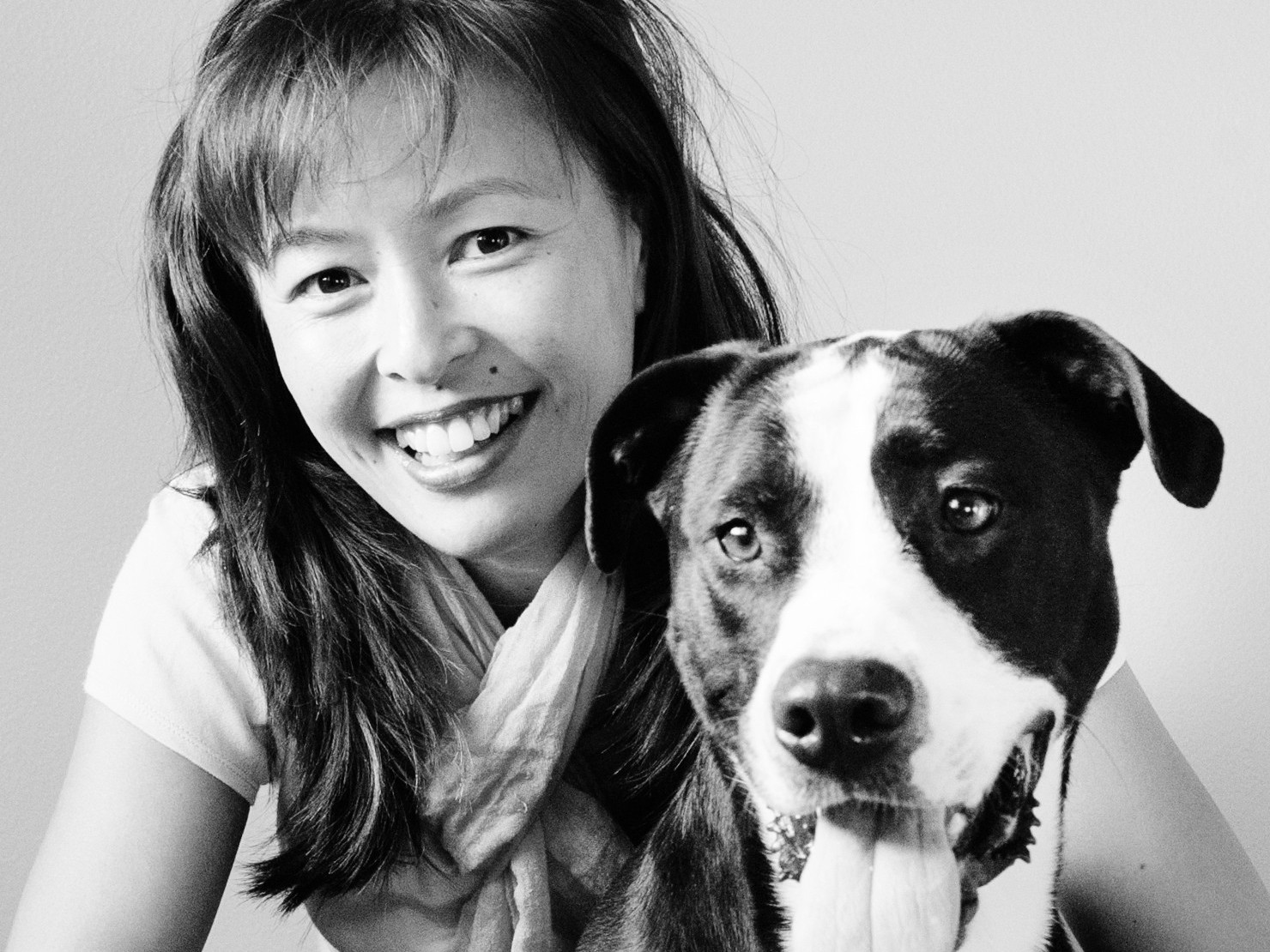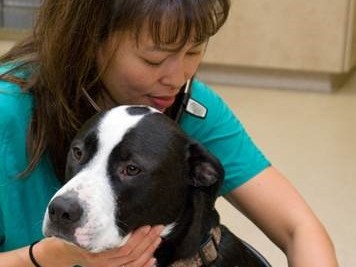
Internationally-renowned specialist vet offers sneak preview of her talks at this year's ECC Congress in Harrogate
One of the keynote speakers at this year’s emergency and critical care Congress is double-boarded specialist Dr Justine Lee.
A graduate of Cornell University, Justine has won numerous awards for public speaking, and her signing is a real coup for the event. Justine is passionate about empowering female vets to pursue their goals and helping them achieve greater work-life balance.
Here, in a must-read interview that offers a sneak preview of her Congress lectures, Justine talks about her career journey so far, how to survive as a female vet in what she describes as a ‘dog-eat-dog world’ and also shares her tips on achieving greater work-life balance.
Book your place at the 15th ECC veterinary Congress

When did you first want to become a vet?
It’s been a lifelong goal. I had a lot of pets growing up, and my parents were very supportive of my passion for veterinary medicine. I’m really grateful that I had that because I don’t know what I’d have done otherwise.
Any big breaks along the way?
I’ve had three. The first was getting into the Cornell University College of Veterinary Medicine in New York, which was another lifelong goal. I was also really fortunate to get my internship of choice at Angell Memorial Animal Hospital, which is affiliated with the Massachusetts Society for the Prevention of Cruelty to Animals. My third was getting VetGirl – my online education platform – off the ground five years ago.
What inspired you to launch VetGirl?
When I was studying for my emergency and critical care veterinary boards in 2003, I felt really stressed. I was studying for around 12 hours a day and wanted to go for a hike with my dog but felt I just didn’t have the time. I wanted someone to read me a veterinary journal or book chapter while I was out and about. But there was no smartphone technology back then. I had a similar experience when I was studying for my toxicology boards in 2012. So I teamed up with fellow specialist, Dr Garret Pachtinger, and we launched VetGirl. I feel honoured to see how much it’s grown over the past five years.
Tell me about a typical week?
I work part-time at an animal emergency and referral centre in Minneapolis. I’m also a stay at home mum two days a week; I was blessed with one kid in my mid-forties. On the remaining days, I work on different consulting projects and on VetGirl.
Download the Congress programme now

What do you enjoy most about your job?
The diversity of being able to balance different options, from practising to communicating with pet owners to building VetGirl. I also still love working with animals and with different veterinary partners. I’m really passionate about all of these things and feel really blessed to be able to work in so many different areas.
Toxicology is one of the themes of Congress, is this a good move?
Yes. Most veterinary professionals don’t feel comfortable with toxicology. We typically receive only one or two weeks of training on the subject at vet school and a lot of that isn’t always applicable to day-to-day small animal practice. Many dogs and cats are accidentally poisoned, or even intentionally poisoned, so it’s really important as veterinary professionals we know how to treat them – whether or not we work in emergency practice, general practice, or specialty practice.
Why did you choose to give a lecture on how to survive as a female vet?
As the veterinary sector becomes more female-dominant, more and more people are coining it a “pink collar profession”, similar to nursing. There are pros and cons to this. In my lecture at Congress, I’m going to give tips on how to survive in a potentially cut-throat dog eat dog world. I will talk about how important it is to balance family planning and work-life balance with a veterinary career or owning a small business.
What would your advice be to vets who are perhaps feeling undervalued?
Read the book Lean In by Sheryl Sandberg, the chief operating officer of Facebook. She talks about how many women undervalue themselves. There are lots of studies to back up the theory that women don’t negotiate well, accept the first salary they’re offered, undersell their education and what they’re worth and that this all contributes to the gender pay gap. I always tell female veterinarians to avoid falling into this trap. You’ve spent a lot of money training to be a veterinarian. Be more aggressive in your negotiations. Don’t undervalue your worth.

Your second talk is on work-life balance, is there a secret to it?
As healthcare providers, we’re so focused on taking care of pets and their owners that we often do not take care of ourselves. This is particularly the case in emergency and critical care, partly because it involves working holidays, late nights, and a lot of shifts. But it’s ok to be selfish in order to take care of ourselves.
I always tell people, if you really want to commit to work-life balance you need to set small steps and stick with them. It might be as simple as making sure you drink more than a litre of water on a shift, get eight to nine hours of sleep a day, exercise regularly or even buy blackout shades, so your bedroom is very dark. These small steps alone will help improve your physical wellbeing and your mental health.
It’s also important to have friends outside of the veterinary profession, to get out into nature, and to ensure you’re surrounded by friends, family and supportive colleagues. We can all take these small steps.
Are you seeing any improvements on the issue of mental health?
Some recent studies have shown there’s a high prevalence of mental health diseases in our field, and I think that just recognising this, demystifying it, and removing the stigma associated with it, is going to help improve the work-life balance and the mental health of our veterinary health professionals.
In the US, there’s been a massive movement to prioritise physical and mental wellbeing. A lot of the veterinary medical associations and organisations are embracing educating veterinary professionals about wellness and self-care, and I’m optimistic about the future.
What do you hope veterinary professionals will take away from your talks?
I pride myself on providing clinically-relevant practical CPD. I was a C student in veterinary school and really struggled. Because of that, when I am lecturing, I want to make sure I have two or three takeaways that people can implement into their daily practice, that will improve their quality of care. That’s one of my passions and one of the reasons I started VetGirl. You’re not going to hear about pathophysiology from me. What you are going to hear about are ways to help improve your life and quality of care for your patients.

